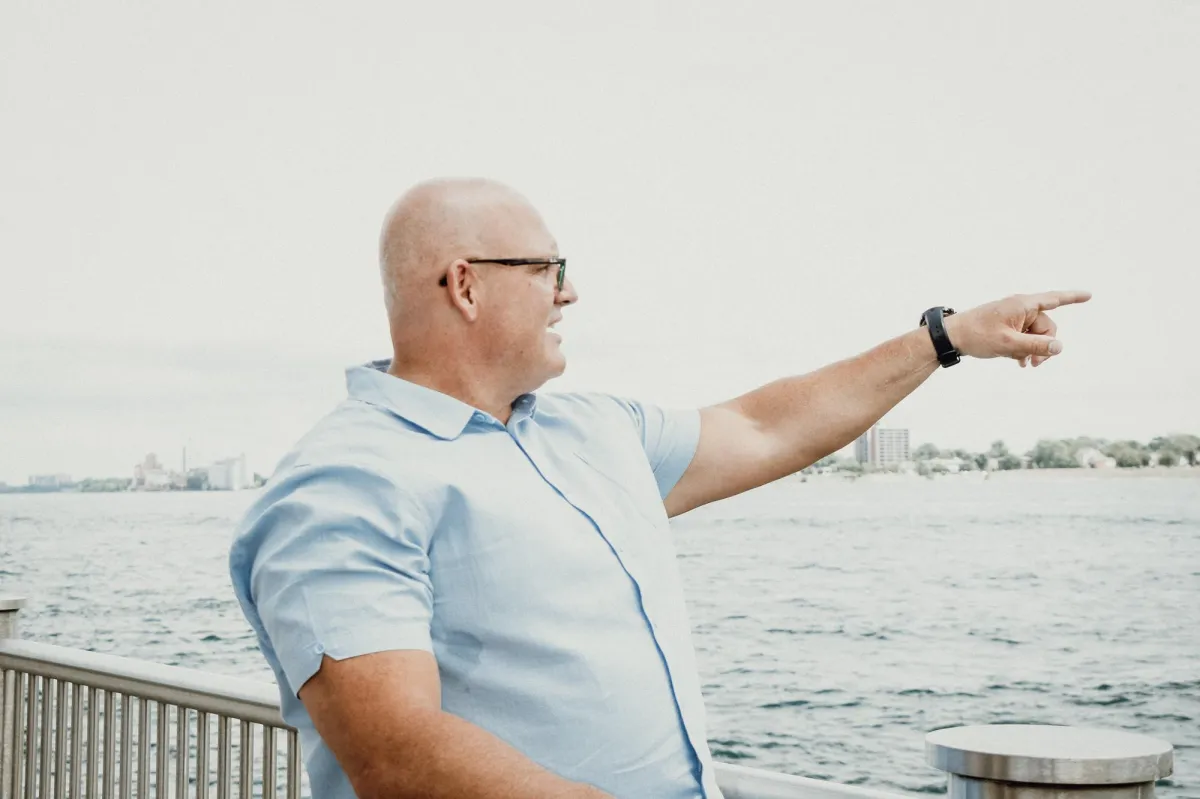
Cellphones and 9-1-1 Dispatchers
Cellphones and 9-1-1 Dispatchers
Recently, I found myself in a situation where I could easily overhear someone talking on their cellphone. Every single word was crystal clear, and it didn’t take long for me to get annoyed. The conversation was pure gossip about someone else—a back-and-forth exchange full of complaints and judgment. It was obvious they both didn’t care for the person being discussed. While it wasn’t harmful, it was irritating—especially since I didn’t know anyone involved, which made the experience even more grating.
The problem with overhearing one side of a conversation is that our brains automatically try to fill in the gaps. This phenomenon, called a “halflalogue,” is incredibly distracting. We are cognitively wired to seek out full information, so hearing just one side of an exchange can overstimulate our focus and make it difficult to ignore. This got me thinking about 9-1-1 dispatchers.
Unsung Heroes: Dispatchers
As a state trooper, I spent my entire career “on the road.” I never sat behind a desk or joined a specialized team to thwart crime—my job was to respond to calls, and every single response depended on the dispatcher’s analysis. Dispatchers have one of the most crucial roles in emergency response: gathering information and making split-second decisions. Their ability to decipher a caller’s message—all while staying composed under pressure—is nothing short of extraordinary.
Remembering That One Call…
While I tried to ignore the man on his phone, I couldn’t help but recall one particular dispatch call. It was a family fight, and the intake dispatcher could hear yelling and screaming in the background. I responded immediately, lights and sirens on, driving so fast it felt like my hair was on fire. When I arrived on scene, I called myself out over the radio.
Radio silence.
During that silence, the dispatchers had no idea what was happening. Despite repeated attempts to reach me, I didn’t respond. I wasn’t ignoring them—I simply needed to give the situation my full attention. I knew I wasn’t in danger, but my dispatchers didn’t. All they heard was one side of the situation, and without context, they filled in the gaps—usually with the worst-case scenario. Needless to say, when I finally reassured them that everything was fine, they weren’t thrilled with me.
I did this my entire career, not fully appreciating the stress I caused them. I thought I was being considerate—avoiding unnecessary radio chatter and “wasting airtime.” If I were in danger, I’d let them know. That made sense to me because I had all the facts. But dispatchers? They only ever get part of the picture, and that’s where the stress sets in.
The Calm in the Chaos
Looking back, I have so many fond memories of being a police officer. I remember dispatchers making me laugh, and one even sang “Happy Birthday” to me over the radio. I can still recall the distinct voices of each dispatcher I worked with over the years. They were always professional, calm, and kind—even in the most chaotic situations.
When people think of first responders, they often forget about dispatchers. These unsung heroes are required to remain calm in high-stress situations, coordinating emergency responses while others are panicked. When the public is at their worst, dispatchers are the first to answer the call—and sometimes, they may be the last voice someone hears.
So, the next time you think about first responders, remember our dispatchers. They are the calm in the storm, the lifeline between chaos and help, and the invisible heroes behind every emergency call.
